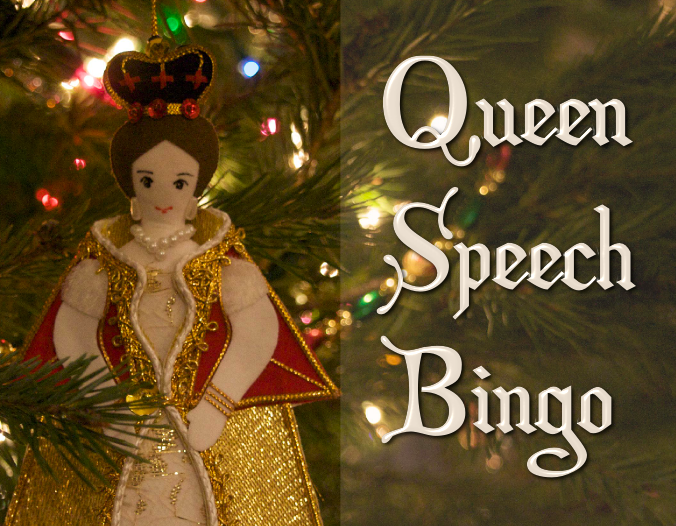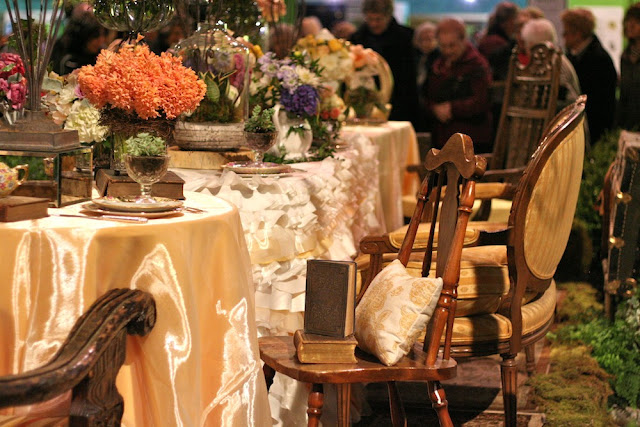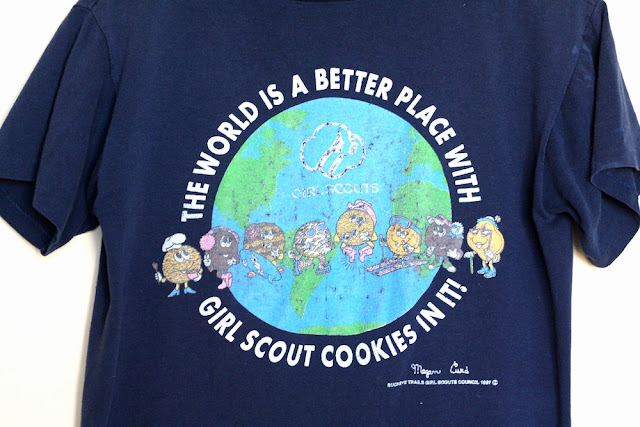Fellow expat blogger Selena is a Texan living in England. Recently she wrote a very heartfelt piece about
her experiences on public transport. To put it simply, her post was not very complimentary, but it was
very funny.
She has been transplanted from the place with the most drive-thru
liquor stores in the US (yes, really), to London, which this year is
celebrating the 150th birthday of the tube, the oldest subway system in the world. That's a definite culture clash.
In contrast I myself have been transplanted from a place where retirees get free bus rides (and certainly use them) to the land where planners removed sidewalks to fit in parking lots.
I told her I felt I had to defend public transport just a little. So here it is, a Brit's defense of public transport (though I know true Brits write 'defence' and not 'defense' I have to use the American spelling now).
Effort
Public Transport
Selena's first criticism of public transport (namely the
London tube) is that it's almost impossible for newbies to navigate. But the London tube map is hailed as one of the great successes of design - a marriage of form and function - beautiful
and understandable!
Yes, maybe at first you will end up going around the Circle line the wrong way; discover that some stations are actually quicker to walk between (what's the point of them?); or take three hours longer than expected due to weather, strikes, or engineering works. But overall it
works, and the Olympics were testament to that - just ignore the fact that they drafted in thousands of volunteers to show spectators which stations to use.
These days it's not hard to
plan your journey online, even with sporadic construction or random closures due to pigeons on the line. And when you get
really good at the Tube you can have all sorts of fun: You can become expert at games such as
Mornington Crescent and
this cryptic game. The London Tube inspired subterranean public transport across the world, so it must be okay, right?
Driving
The effort to drive is huge. First you have be examined on how to control a large piece of machinery. You don't sit need to any tests before you hop on a bus. As long as you have correct change and acceptable body odor tolerance, you're fine!
Planning a route to drive is
infuriating. Even with Google Maps and Sat Navs you can never accurately predict roadworks, heavy traffic or road closures.
If you take a wrong turn you often have to do a massive detour to get back on track. With public transport you just jump off and get on a different train/bus, but in a car it's actually treacherous: Do you take that U-Bend and cross four lanes of angry traffic, or do you drive an extra 20 miles back the way you came?
In the city you have to learn the patterns of intersection lights, get stuck for hours at multiple red lights, dodge jaywalkers and tourists, and you're expected
to know the whole city's randomized system of one-way streets. I swear city planners switch up the one-way system every now and then just for fun.
And then you have to park your car somewhere. This can take
hours in certain places, wasting precious gas money and shopping time driving past giant SUVs taking up two spots and shopping carts lazily abandoned everywhere. When you finally end up at the opposite end of the parking lot you feel you may as well have walked anyway.
Storage
When you're traveling by train, plane and underground you really don't want to be laden down with unnecessary shit, so you get
really good at traveling light. It becomes a source of pride when you show up for a weekend break with just one half-empty weekend bag, or an overnight function with just a change of knickers and a lipstick in a tiny purse.
Public transport makes you
efficient. You keep your
Osyter/Octopus/Calypso/Opus/Charlie/Freedom/Smartlink card in your pocket, and everything else on your back.
You gain a sense of freedom by being able to pack so lightly. You know if anyone calls you last minute for a luxury trip to the Bahamas leaving in one hour, you'd be at the airport in time with just your toothbrush, bikini and sun cream, and you wouldn't even have to check in. My rule for travel now is - if I can't lift it, it's not coming with me.
And that's the other thing - all the lifting, carrying and walking is
healthy! I saved a fortune on gym memberships when I used public transport. I'd happily walk 45 minutes to work each day. Now I have to
drive to the gym and it just feels so wrong and contradictory.
FREAKING PEOPLE EVERYWHERE
Public Transport
Petty people politics is never so apparent as on public transport. It's tough out there, jostling up against all and sundry on the rush hour tube, rubbing your shoulders against other people - who knows where they've been - and touching the same poles and sitting in the same seats. It'd make a hypochondriac's skin crawl.
Plus you have to endure their rudeness. Shoving in front, listening to loud music, folding their newspaper into
your field of vision, giving their luggage
the last seat on the carriage so you have to stand. There's no such thing as personal space on public transport- how dare they sneeze/text/fart/argue in your vicinity?
If you're having trouble securing a prime seat on public transport there are
very detailed and militaristic guides to help you. When I was a kid at youth theater we'd play a game known as 'keeping your seat on the bus'. Basically you make silly faces until nobody wants to sit next to you. Trust me, it works.
But all of this is part and parcel of living in a world with other people who are just not a cool and considerate as yourself. Plus it gives you the prime opportunity to hone that truly British sport of complaining. If you ever find yourself starting a new job in London, you'll instantly make new friends the moment you walk in the door and say "Oh my gosh, the Central line was just
awful this morning, did anyone else have a
ghastly time trying to get in? I couldn't get a seat at all and we got stuck for
fifteen minutes at Bank and…" Trust me, it works.
Driving
The thing is, driving isn't any better. People speed, honk, tailgate (known in the USA as driving up your ass, as far as I can tell), blind you with their lights, don't indicate and they
always cut in front of you,
guaranteed.
 |
| Gesturing to rude and inconsiderate road users is usually not that helpful |
Drivers are in a hurry, they're rude, and they always think they're a better driver than everyone else. This has been extensively
researched and it's true - it's a Lake Wobegone effect manifesting at 80mph on a four lane rat race.
And the worst thing is - all the tutting in the world won't do a darn thing! On a crowded tube, Brits take great pleasure in tutting loudly to display their displeasure at another passenger's actions. It's our favorite form of dissent. In a car this does
nothing, and you end up becoming one of those deranged, enraged drivers flipping people off and honking at anything, spreading the blood boiling road rage across the region.
You stomp into work, not with a hilarious and frustrating tale of how crowded your train was, but with a loud tirade full of obscenities about the selfish road moron in front of you with the stupid bumper sticker.
It makes me stressed just
thinking about it.
I've told Americans how shocked I am by Pennsylvania drivers and they all say the same thing, "Oh, just wait until you get to New Jersey/New York/California/Maryland/Anywhere, they're
terrible at driving!"
And I shudder at the thought. On public transport at least you can sit back, plug in your headphones, eat a questionable prawn sandwich, and zen out all the way to Zone Six…
What side are you on? Which public transport system makes you crazy? And which US state really has the worst driver?
PS, if you've never seen this parody of Going Underground, about the London tube, you're in for a very sweary treat (really NSFW).















































